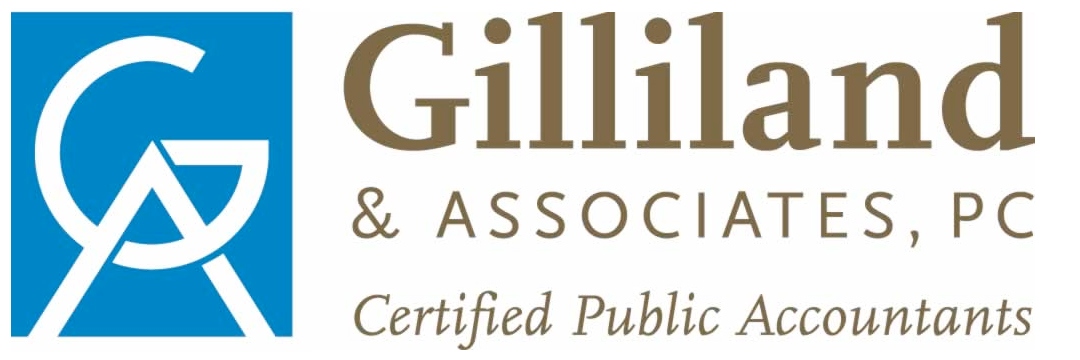Avoid the 10% Early Withdrawal Penalty
What every Traditional IRA owner should know
It is one thing to be taxed on retirement contributions and their related earnings when you withdraw funds from your Traditional IRA, it is quite another when you pay the tax PLUS a 10% penalty for early withdrawal. Need funds prior to retirement and want to avoid the early withdrawal penalty? There are cases when this can be done:
- Medical insurance premiums if unemployed. If you receive federal or state unemployment for 12 or more consecutive weeks, you may pay for medical insurance premiums from your Traditional IRA without paying the 10% early withdrawal penalty. The premiums may cover yourself, your spouse, and your dependents’ medical insurance premium.
- Qualified higher education expenses. You may pay for tuition, books, fees, supplies, and equipment at a qualified post-secondary institution for yourself, your spouse, your child or grandchild from your Traditional IRA without paying the 10% penalty.
- Medical expenses. If you need to withdraw from your IRA to fund medical expenses in excess of 7.5% of your adjusted gross income you may do so penalty-free.
- First-time home buyer. IRA distributions of up to $10,000 to help pay for the qualified acquisition costs of a first-time home avoid the early withdrawal penalty too. This is a lifetime limit per individual. A first-time homebuyer is defined by the IRS as not having an ownership interest in a principal residence for two years prior to your new home acquisition date. To qualify the home can be for you, your spouse, your child, your grandchild, your parent or even other ancestors.
- Conversions of Traditional IRAs to Roth IRAs. Want to convert your Traditional IRA into a Roth IRA to avoid paying taxes on future account earnings? No problem, this too is considered a qualified event to avoid the 10% penalty.
- You’re the beneficiary. If you are the beneficiary of someone else’s IRA and they die, there is usually an opportunity to withdraw funds without the penalty. Plenty of caution is required in this case, because if treated incorrectly the penalty might apply.
- Qualified reservist. If you were called to active duty after 9/11/2001 for more than 179 days, amounts withdrawn from your IRA during your active duty can also avoid the 10% penalty.
- Annuity distributions. There is also a way to avoid the 10% early withdrawal penalty if the distributions “are part of a series of substantially equal payments over your life expectancy.” This option is complicated and must use an IRS-approved distribution method to qualify.
Some Final Thoughts
- Remember, the above ideas help you avoid an early withdrawal penalty for funds taken out of your Traditional IRA prior to reaching the age of 59 ½. After this age, there is no early-withdrawal penalty. The penalty is also waived if you become permanently or totally disabled or use the funds to pay an IRS tax levy.
- While the above events allow you to avoid the 10% early withdrawal penalty you will still need to pay the income tax due on the withdrawn funds.
- While generally the same, the 10% early withdrawal penalty rules are slightly different for defined contribution plans like 401(k)s and other types of IRAs.
- Before taking any action, call to have your situation reviewed. It is almost always better to keep funding your Traditional IRA until you retire.
Contact us for more information.




